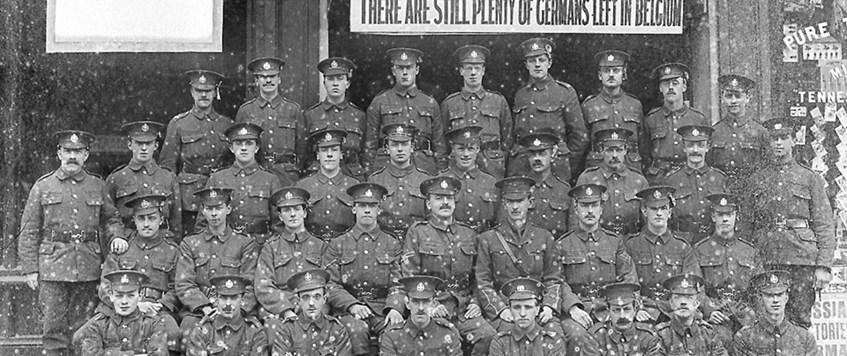
The public perception that has grown over the years of the British army's involvement in the Somme battle is of troops pitted helplessly against enemy machine guns resulting in enormous casualties. The leadership of troops is often thought as being remote, incompetent, inflexible and uncaring. In large measure, public attitudes have been moulded by films such as "Oh What a Lovely War" and television programmes such as "Blackadder Goes Forth".
As is often the case, the reality is more complicated. Some attacks were well prepared and executed. Others were not. Contrary to widely held perceptions about the poor nature of leadership in the British Army at the time, some of the successes achieved on the Somme involved innovative and courageous leadership at many levels.
This talk looks at the experiences of two battalions of the Middlesex Regiment - one a regular battalion and the other a New Army battalion raised from those volunteering for the duration of hostilities. The experiences on the battlefield of the two battalions, were very different. Whilst the regular battalion in it's attack suffered very heavy casualties and did not achieve it's objectives, the New Army battalion in it's attacks met success. Much of the difference in performance was down to leadership at battalion, brigade, division and corps level. The talk will examine the question of leadership in addition to other factors.





